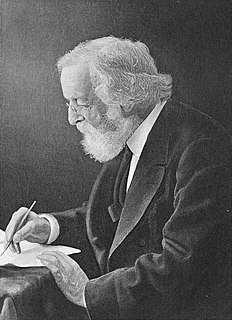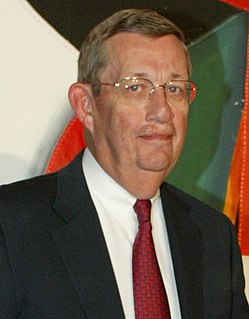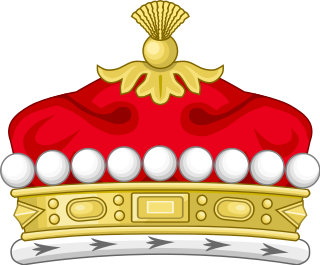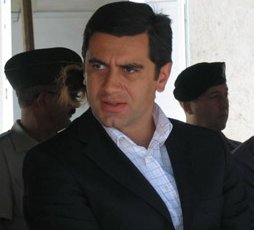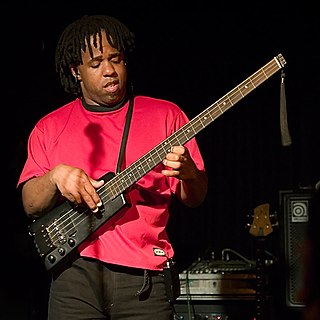A Quote by Friedrich August von Hayek
The successful politician owes his power to the fact that he moves within the accepted framework of thought, that he thinks and talks conventionally. It would be almost a contradiction in terms for a politician to be a leader in the field of ideas. His task in a democracy is to find out what the opinions held by the largest number are, not to give currency to new opinions which may become the majority view in some distant future.
Related Quotes
No Irish nationalist could support any treaty which institutionalizes British government claims to a part of Irish national territory. Indeed, the term - 'constitutional nationalism'- used by Mr.Mallon (SDLP) and his colleagues to describe their political philosophy is a contradiction in terms. The only constitutional nationalist in Ireland today is Sean McBride. He puts his nationalism within a framework of Irish constitutionality. Mr. Mallon, however, puts his within the framework of British constitutionality. Irish nationalism within British constitutionality is a contradiction in terms.
In order to teach a course in the history of Western religious thought, I had to do a great deal of research in the writings within the Judaic and Christian traditions and I was astonished to find in those writings philosophical thought of great power and sophistication. These writings completely blew away all my opinions about what I had taken to be the irrationality or immaturity of religious ideas, opinions which were and still are fashionable in many intellectual and literary circles today.
It is only because the majority opinion will always be opposed by some that our knowledge and understanding progress. In the process by which opinion is formed, it is very probable that, by the time any view becomes a majority view, it is no longer the best view: somebody will already have advanced beyond the point which the majority have reached. It is because we do not yet know which of the many competing new opinions will prove itself the best that we wait until it has gained sufficient support.
A writer's life is a highly vulnerable, almost naked activity. We don't have to weep about that. The writer makes his choice and is stuck with it. But it is true to say that you are open to all the winds, some of them icy indeed. You are out on your own, out on a limb. You find no shelter, no protection - unless you lie - in which case of course you have constructed your own protection and, it could be argued, become a politician.
The ordinary method of education is to imprint ideas and opinions, in the strict sense of the word, prejudices, on the mind of the child, before it has had any but a very few particular observations. It is thus that he afterwards comes to view the world and gather experience through the medium of those ready-made ideas, rather than to let his ideas be formed for him out of his own experience of life, as they ought to be.
An irreligious man is not one who denies the gods of the majority, but one who applies to the gods the opinions of the majority. For what most men say about the gods are not ideas derived from sensation, but false opinions, according to which the greatest evils come to the wicked, and the greatest blessings come to the good from the gods.
A politician is not allowed to get too emotional in public, so what he does is drop subtle hints that, over time, cause the public to get emotional. Once the same emotions are generated by enough people, the politician can use it to steer the public in his desired direction. Fear is an emotion that is often used this way. A smart politician knows that if he can create fear in enough people, those people will give up what they truly want in order to give the politician what he says they need.
In the latter sense, a man has a property in his opinions and the free communication of them. He has a property of peculiar value in his religious opinions, and in the profession and practice dictated by them. He has an equal property in the free use of his faculties and free choice of the objects on which to employ them. In a word, as a man is said to have a right to his property, he may be equally said to have a property in his rights.


